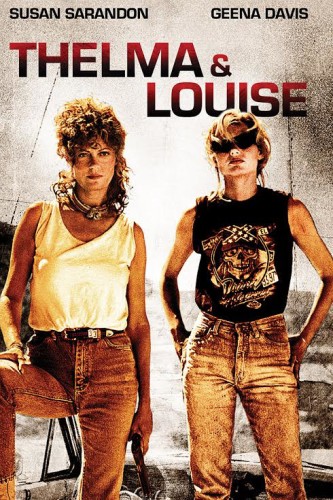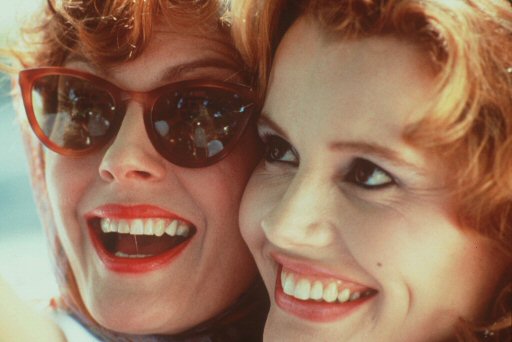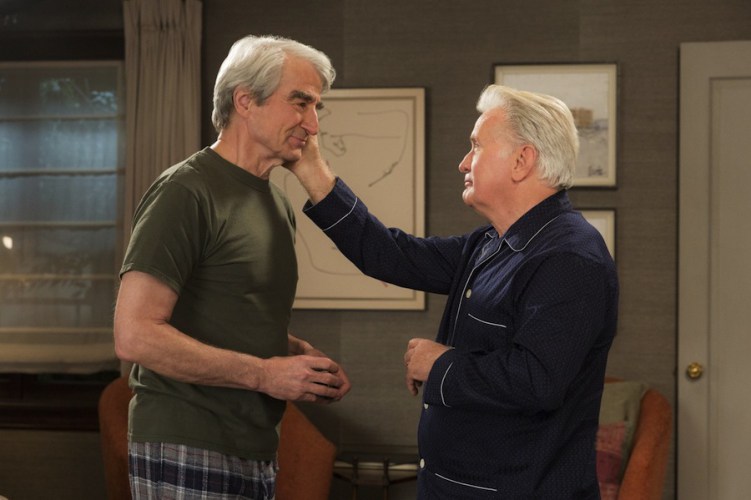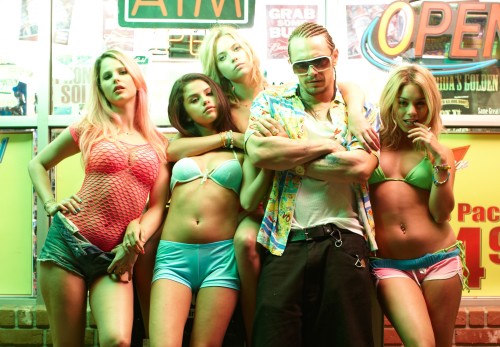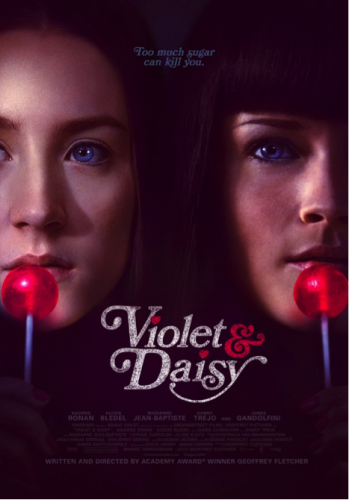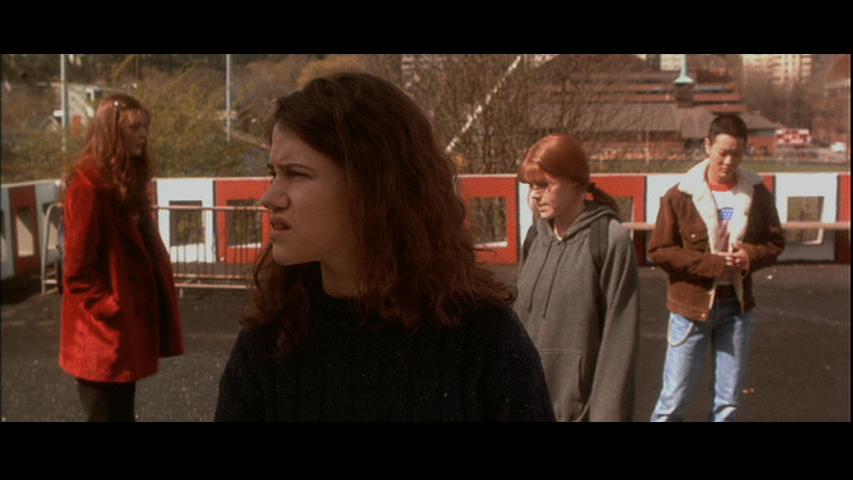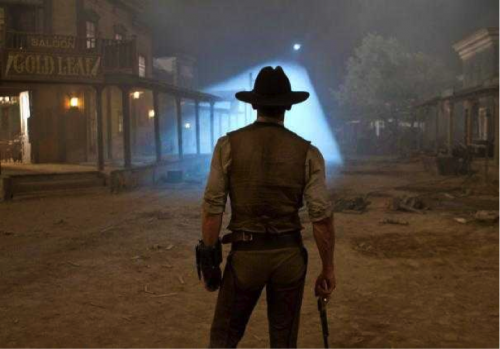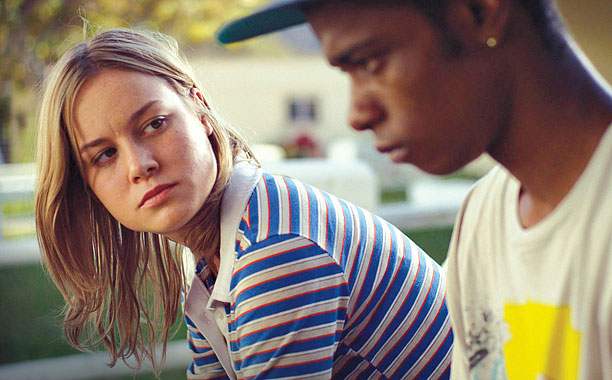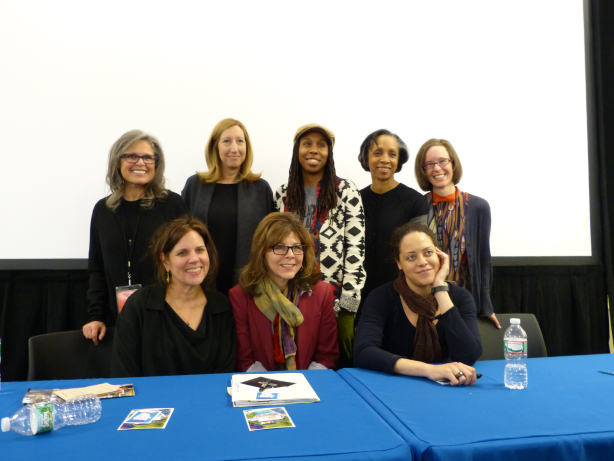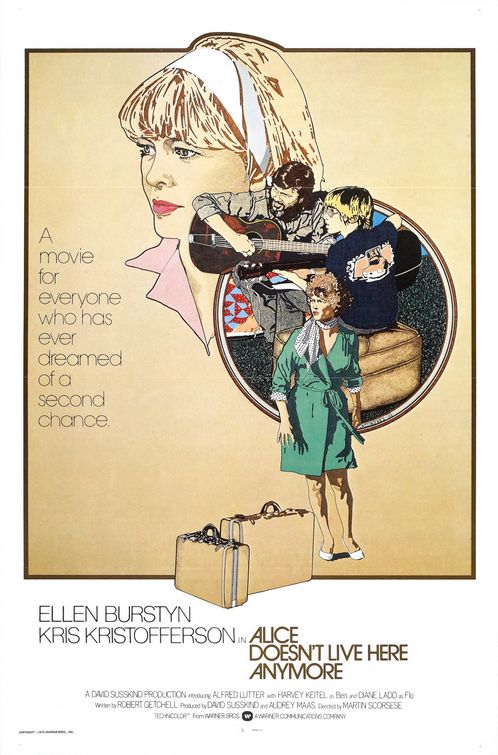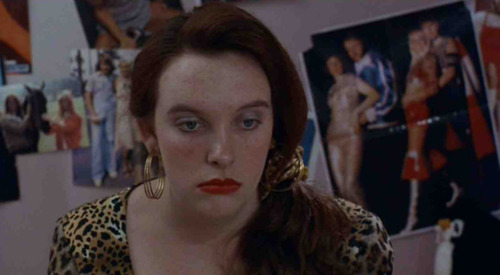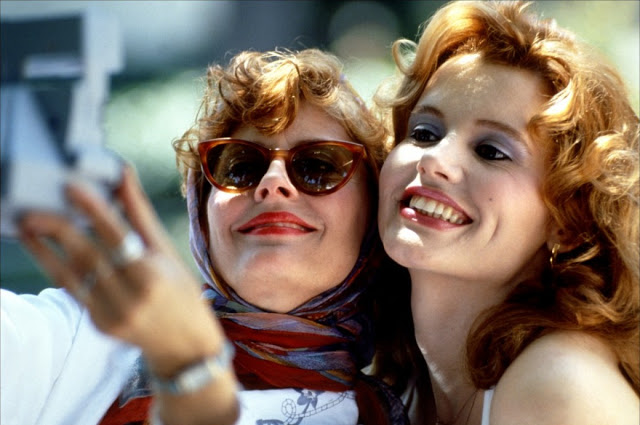‘Thelma and Louise’: Redefining the Female Gaze
The violence may decrease as the movie progresses, but Thelma, Louise – and we – become comfortable about their actions as the film winds down, because they were now tapped into our veins, nourishing our battered spirits with acts that said, “See? We recognize your anger, cause we’re angry – and we’re not going to take it anymore.”
